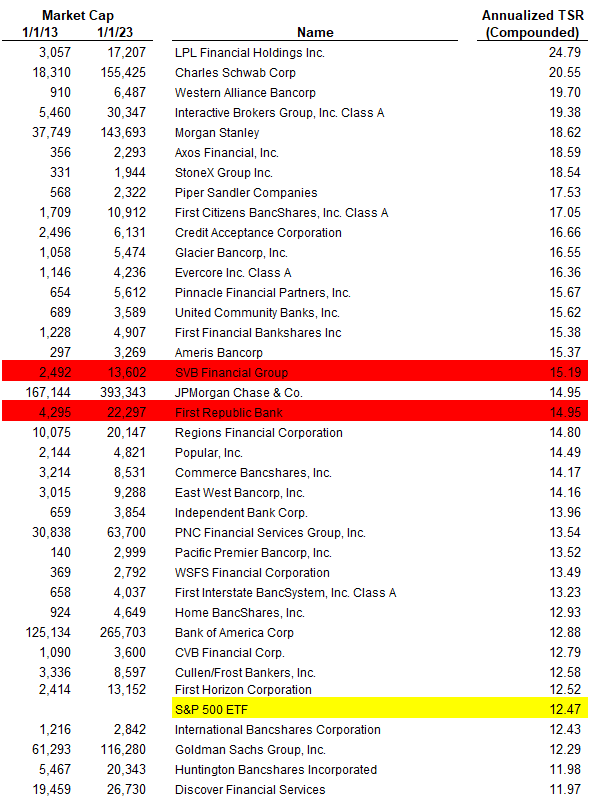“The Fund” was a fun read.
Folks always joked that people invested with Bridgewater just to get the macro commentary… but I was not aware that Bridgewater got its start with that sort of writing.
Folks always joked that people invested with Bridgewater just to get the macro commentary… but I was not aware that Bridgewater got its start with that sort of writing.
Dalio is not just the founder of the world’s largest hedge fund.
He’s also the creator of the world’s most successful financial newsletter business.
He’s also the creator of the world’s most successful financial newsletter business.
You can’t explain it all as *just* marketing. Dalio clearly thought he was doing something important with his dots and radical transparency.
I just don’t know how you go from “systematic / risk parity fund mgr with macro commentary” to building that whole thing out in Wesport.
I just don’t know how you go from “systematic / risk parity fund mgr with macro commentary” to building that whole thing out in Wesport.
Such a fascinating place to think about. Like the Church of Scientology.
Amazing some of those practices persisted as long as they did. Don’t think you could build it today.
Amazing some of those practices persisted as long as they did. Don’t think you could build it today.
• • •
Missing some Tweet in this thread? You can try to
force a refresh













